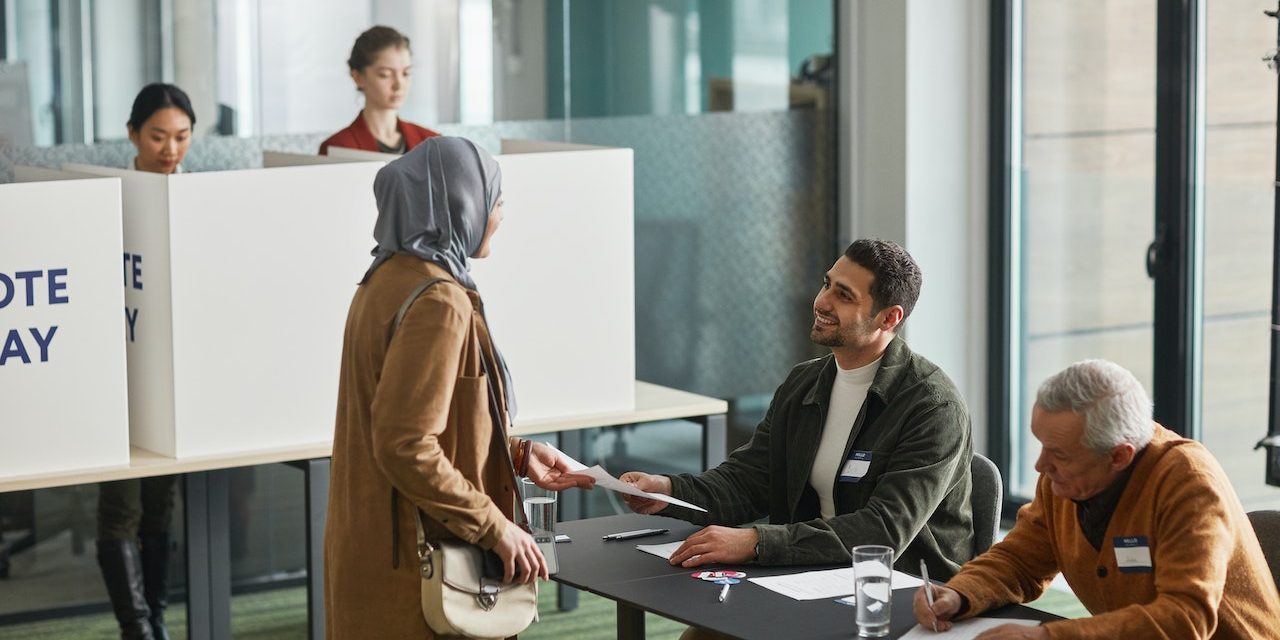The Singapore 2023 presidential elections are set to be held on Friday, with President Halimah Yacob going up against three new candidates on the scene.
Democracy is a political concept that traces its origins back to ancient Greece.
It has been defined as ‘the power of the people.’ However, like anything, democracy is not without its imperfections. Nevertheless, this system has been embraced by many, as a source of hope for citizens to achieve a better quality of life.
In this system, individuals endorse one candidate among several. Over a specific period established by each country’s national constitution, the chosen candidate aims to meet the population’s expectations.
While it might sound like a fictional plot, it is very much a reality with significant implications.
Singapore’s democracy
Singapore, much like other modern nations, features a unique political landscape. Despite having a president as the head of state, the prime minister holds the reins of government control and direction.
The practice of electing a president started in 1991 in Singapore. The term for each elected president is six years, with no term limits in place.
According to their constitution, a president must be a Singaporean, non-partisan and elected.
The current president of Singapore is the country’s first female head of state, Her Excellency Halimah Yacob. Her tenure was marked by a period of stress not caused by political motives but by a pandemic that struck the world midway through her term.
Singapore notably set an international example by implementing and enforcing stringent rules to ensure the safety of its citizens and borders.
Singapore 2023 presidential elections
Singaporean authorities have designated Friday, September 1, as the Singapore 2023 presidential elections.
Unlike the previous election in which President Yacob ran uncontested, the Singapore 2023 presidential elections will see the participation of three accomplished individuals.
These candidates have received certificates of eligibility to run for the presidency: Tharman Shanmugaratnam, a former senior minister and ex-member of the ruling People’s Action Party; Ng Kok Song, former chief investment officer of the sovereign wealth fund, GIC, and the founding chairman of Singapore Exchange; and last but not least, Tan Kin Luan, a former chief executive of insurance firm NTUC Income and branch secretary of one of PAP’s grassroots committees.
Responsibilities
The elected president, who will be sworn in a few weeks after the election day, will assume various responsibilities.
These include safeguarding the national reserves and the integrity of the public service, hosting foreign dignitaries and diplomatic representatives, officiating state functions, and fulfilling other ceremonial and community duties.
A Singaporean head of state also possesses the authority to veto appointments and removals of key officeholders such as the chief justice, attorney-general, and auditor general.
Given the civility and law-abiding nature of the average Singaporean citizen, the electoral process is unlikely to be marred by violent conflicts or uprisings.
Singapore continues to stand as an example and role model in the region, showcasing a nation that exercises democracy while protecting the civil and human rights of every individual.
Diplomatic Network (Asia) encourages all eligible Singaporeans to exercise their right to vote and choose leaders they believe possess the qualifications and merits to fulfill the associated responsibilities.
Future elections
Lee Hsien Loong is the current prime minister of Singapore. A prime minister is elected when Singapore holds general elections to elect members of parliament. The party that wins the majority of seats in parliament forms the government. The leader of the winning party becomes the prime minister.
A general election is not due until 2025.






